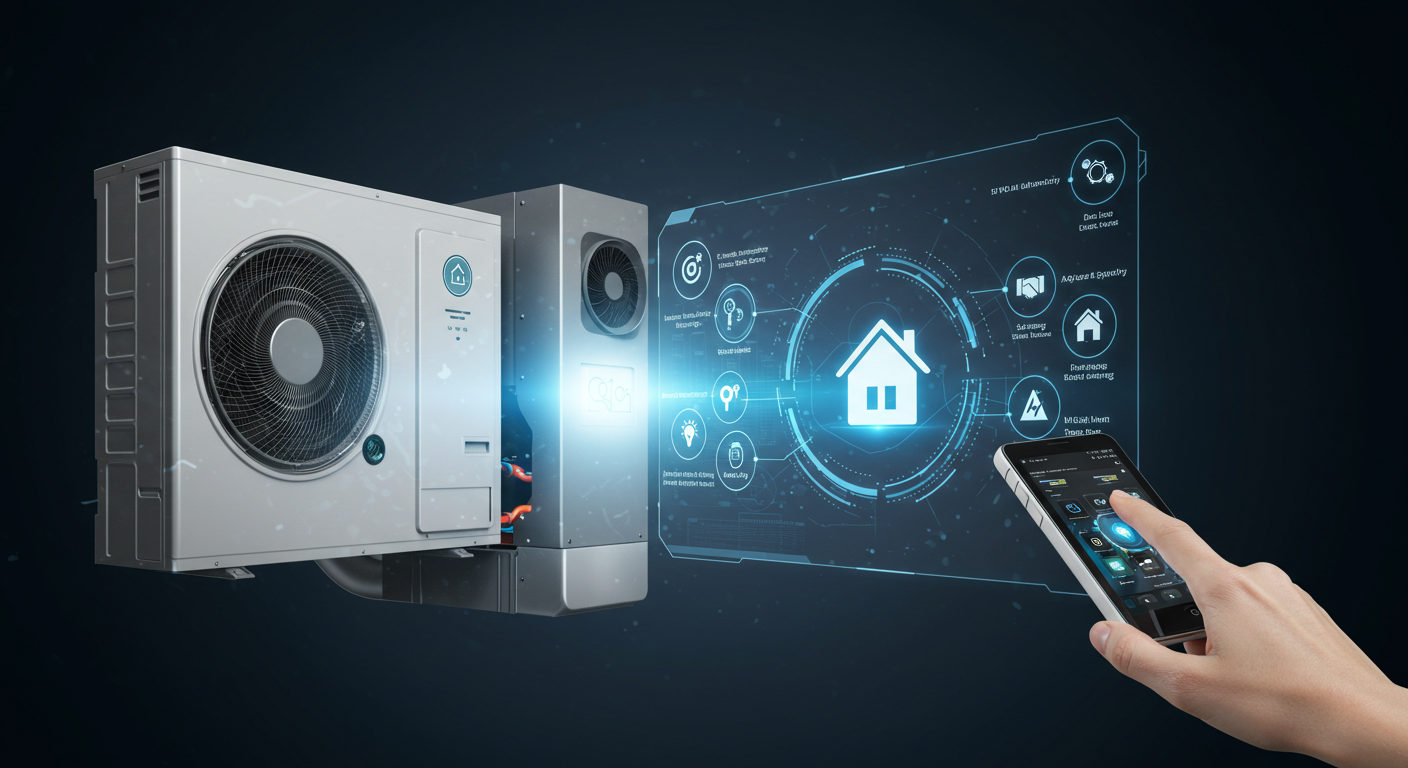
The Role of Machine Learning in Predicting HVAC Failures
Imagine a world where your HVAC system predicts its own failures before they happen, saving you time, money, and headache. Welcome to 2025, where machine learning is transforming HVAC maintenance. In this post, we’ll explore how predictive analytics and AI-driven diagnostics are revolutionizing the way we approach HVAC maintenance.
Understanding Machine Learning in HVAC Failure Prediction
Machine learning models are a game-changer in predicting HVAC failures. These models can achieve fault detection accuracies of over 95%, providing reliable forecasts up to 60 minutes before a fault occurs. By collecting data at five-minute intervals, these systems can analyze patterns and identify potential issues at the zone level.
Benefits of Predictive Maintenance in HVAC Systems
Predictive maintenance takes HVAC systems to the next level. By using advanced algorithms, these systems demonstrate a 70-75% reduction in breakdowns and a 35-45% decrease in breakdown duration compared to reactive approaches. This not only increases the Mean Time Between Failures (MTBF) by 90-175 hours but also boosts profits by 208-265%.
How AI and IoT Enhance HVAC Diagnostics
Integration of IoT sensors and real-time diagnostics platforms allows for continuous monitoring and Remaining Useful Life (RUL) estimation. This proactive approach enables timely interventions before catastrophic failures occur, reducing HVAC failure rates by approximately 30% and delivering annual energy savings of 5-20%.
Adopting AI-Driven HVAC Monitoring
Despite the clear benefits, only about 40% of organizations have adopted analytics-driven preventive maintenance. Daikin, for instance, offers remote predictive HVAC service solutions, leveraging machine learning and cloud analytics to reduce unplanned downtime and service costs.
Effective Machine Learning Models for HVAC
The efficacy of machine learning in HVAC systems depends on the zone control architecture. Univariate models work well for isolated zones, while deep sequence-aware models are required for zones with distributed control or transient occupancy patterns.
- Machine learning HVAC failure prediction
- Predictive maintenance HVAC
- AI in HVAC diagnostics
- HVAC anomaly detection
- HVAC predictive analytics
Conclusion
Incorporating machine learning and predictive analytics in your HVAC maintenance strategy not only enhances efficiency but also significantly reduces failure rates and costs. As the industry continues to evolve, adopting these technologies will be crucial for staying ahead.
Ready to transform your HVAC maintenance strategy? Explore predictive solutions today!
FAQ: Machine Learning in HVAC
What is machine learning HVAC failure prediction?
Machine learning HVAC failure prediction uses data-driven models to forecast potential system failures before they occur, allowing for proactive maintenance.
How does predictive maintenance work in HVAC systems?
Predictive maintenance uses data analytics to monitor equipment performance and predict potential issues, reducing downtime and maintenance costs.
What role does AI play in HVAC diagnostics?
AI enhances HVAC diagnostics by analyzing data patterns to identify anomalies, enabling early detection and intervention of potential failures.
How do IoT sensors improve HVAC predictive maintenance?
IoT sensors provide real-time data for continuous monitoring, supporting predictive maintenance strategies by detecting issues early and optimizing performance.
Why should I consider adopting AI-driven HVAC monitoring?
AI-driven HVAC monitoring improves system reliability, reduces failure rates, and offers energy savings, making it a valuable investment for long-term efficiency.

